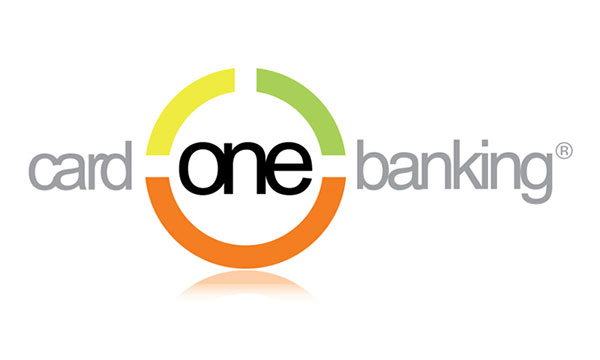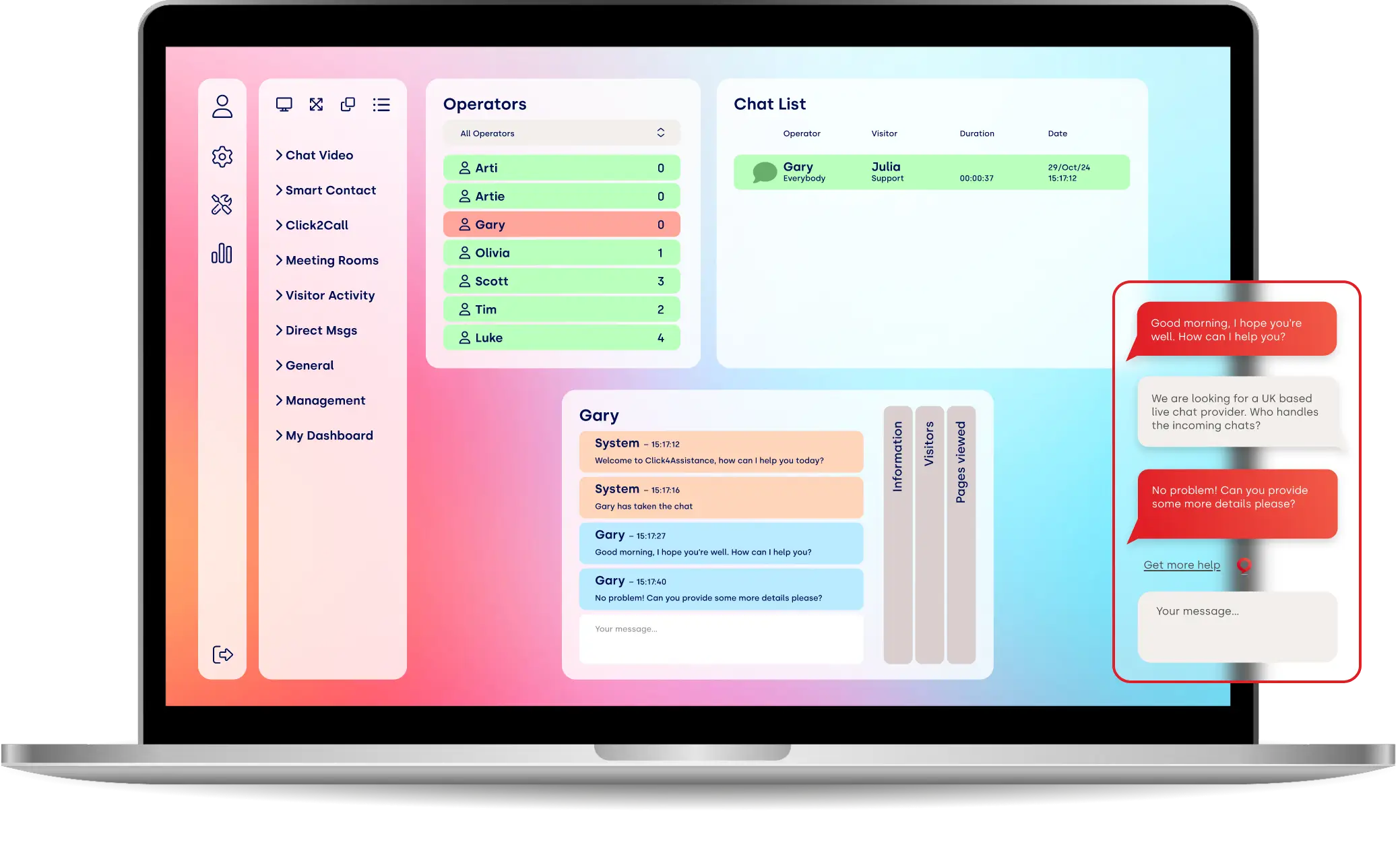The AI Revolution: Redefining Power, Reshaping Customer Service, and Driving Job Growth

We are amidst the AI revolution, and its impact is extensive, altering industries, revolutionizing customer service, and propelling job growth worldwide.
Introduction:
This blog will explore how AI is redefining power structures, transforming customer service experiences, and generating employment opportunities through upskilling and reskilling initiatives. If you're searching for the best website chat app to enhance your customer service, you'll find valuable insights here.
The Unprecedented Redistribution of Power:
Over millennia, humanity has witnessed waves of technological advancements that have reshaped civilisation. From the discovery of fire to the invention of the wheel, each innovation has brought about transformative changes. However, the current wave, centred around Artificial Intelligence (AI), is unlike anything we've seen before.
The Unique Characteristics of the AI Revolution:
AI is not just another technological advancement; it is a catalyst for the greatest redistribution of power in history.
Unlike previous waves of technology, AI is democratising power, making it accessible to individuals and organisations worldwide.
While the last tech wave focused on broadcasting information, the AI revolution is all about action, empowering individuals to accomplish tasks that were once computationally impossible or financially unfeasible.
The Impact on Customer Service:
The realm of customer service is undergoing a profound transformation due to AI technologies. Chatbots and virtual assistants powered by AI are revolutionising the way businesses interact with their customers.
Personalised Customer Interactions:
AI driven chatbots analyse customer data in real-time to deliver personalised recommendations, product suggestions, and tailored responses based on individual preferences.
Conversational AI:
Natural Language Processing (NLP) and machine learning algorithms enable chatbots to engage in humanlike conversations, understand context, and resolve complex queries autonomously.
Omnichannel Support:
AI powered chatbots seamlessly integrate with various communication channels, providing a unified and consistent support experience across websites, mobile apps, social media platforms, and messaging apps.
Proactive Customer Engagement:
AI driven chatbots proactively engage with customers based on predefined triggers, offering assistance and driving conversions.
Challenges and Opportunities of Generative AI:
However, as the AI revolution unfolds, businesses face significant challenges in harnessing the full potential of Generative AI.
Challenges Faced by Businesses:
1. Increasing Trust in Data Usage and Achieving Compliance:
Example:
Financial institutions struggle to implement Generative AI for customer service due to stringent data privacy regulations.
Key Points:
Financial institutions, like many other businesses, face significant challenges in implementing Generative AI due to stringent data privacy regulations. The sensitive nature of financial data necessitates strict compliance with regulations such as GDPR, CCPA, and industry specific standards like PCIDSS. Implementing Generative AI for customer service requires access to vast amounts of customer data, raising concerns about data privacy and security.
Solutions:
Comprehensive Governance Frameworks:
Financial institutions can implement comprehensive governance frameworks to ensure compliance with data privacy regulations. This includes developing policies and procedures for data collection, storage, and usage, as well as implementing robust data security measures such as encryption and access controls.
Investment in AI Governance Platforms:
Financial institutions can invest in AI governance platforms to ensure compliance with data privacy regulations and mitigate the risks associated with Generative AI usage. These platforms provide tools and technologies for monitoring, managing, and securing AI driven systems, ensuring that they adhere to legal and regulatory requirements.
2. Integrating Generative AI into Existing Systems and Processes:
Example:
Manufacturing companies find it challenging to integrate Generative AI into their production processes and supply chain management systems.
Key Points:
Manufacturing companies operate complex systems and processes that are often legacy based and not optimised for AI integration. Integrating Generative AI into production processes and supply chain management systems requires careful planning, technical expertise, and potentially significant investments. Moreover, ensuring seamless integration without disrupting existing operations is a daunting task for manufacturing companies.
Solutions:
Collaboration with AI Solution Providers:
Manufacturing companies can collaborate with AI solution providers that offer seamless integration tools and support throughout the implementation process. These providers can help companies identify areas for AI integration, develop customised solutions, and ensure that Generative AI is seamlessly integrated into existing systems and processes.
Investment in Seamless Integration Tools:
Manufacturing companies can invest in seamless integration tools provided by AI solution providers. These tools facilitate the efficient incorporation of Generative AI into existing systems, minimising disruption to operations and ensuring a smooth transition.
3. Talent and Skills Shortages:
Example:
Technology firms face a shortage of skilled professionals capable of developing and implementing Generative AI solutions.
Key Points:
The field of AI is highly specialised and requires a diverse set of skills, including data science, machine learning, and deep learning. However, there is a significant shortage of skilled professionals capable of developing and implementing Generative AI solutions. This talent gap poses a significant challenge for technology firms looking to harness the full potential of Generative AI.
Solutions:
Investment in Training and Upskilling Programs:
Technology firms can invest in training and upskilling programs for existing employees to fill the talent gap. By providing employees with the necessary skills and expertise, firms can ensure that they have the talent required to develop and implement Generative AI solutions.
Partnership with Educational Institutions:
Technology firms can partner with educational institutions to develop tailored training programs that address the specific skills and expertise required for Generative AI development and implementation. By collaborating with educational institutions, firms can help bridge the talent gap and ensure a steady supply of skilled professionals.
Leveraging Software Solutions:
AI Governance Platforms:
Ensure compliance with data privacy regulations and mitigate risks associated with Generative AI usage.
Seamless Integration Tools:
Incorporate Generative AI into existing systems efficiently with tools provided by AI solution providers.
Case Studies:
1. Financial Institution:
Challenge:
Struggled with implementing Generative AI for customer service due to regulatory constraints.
Solution:
Adopted an AI governance platform to ensure compliance with data privacy regulations and enable secure usage of Generative AI.
2. Manufacturing Company:
Challenge:
Faced difficulties integrating Generative AI into production processes and supply chain management systems.
Solution:
Partnered with an AI solution provider offering seamless integration tools, facilitating efficient incorporation of Generative AI.
3. Technology Firm:
Challenge:
Encountered a shortage of skilled professionals capable of developing and implementing Generative AI solutions.
Solution:
Invested in an AI training and upskilling platform to train existing employees and address talent shortages effectively.
Embracing AI for Job Growth and Upskilling Initiatives:
Despite the challenges, the AI revolution presents immense opportunities for job growth and transformation through upskilling and reskilling initiatives.
Economic Impact:
By 2030, AI is projected to contribute an estimated $15.7 trillion, accounting for a 26% increase in global GDP. Increased productivity and consumption will be the primary drivers of this growth.
Job Creation:
Contrary to fears of mass unemployment, studies indicate that any job losses due to automation will be offset by the creation of new jobs.
Task Automation:
AI will automate repetitive and dangerous tasks, freeing up human workers to focus on highervalue and highertouch tasks that require creativity and interpersonal skills.
The Importance of Upskilling and Reskilling:
However, reaping the benefits of AI requires a concerted effort to upskill and reskill the workforce. Businesses and governments must collaborate on massive initiatives to prepare employees for the jobs of the future.
Automation Trends:
While only 3% of jobs are potentially automatable by AI in the next few years, this number is expected to increase to 30% by the mid2030s. Upskilling and reskilling initiatives are crucial to prepare workers for this AI based future.
Workforce Preparedness:
By 2025, half of all workers will require some form of upskilling or reskilling to adapt to changing job roles.
Multi-Sector Initiatives for Upskilling:
To address the skills gap and prepare the workforce for the future, multisector initiatives are essential.
Public-Private Partnerships:
Initiatives like Generation Unlimited and the Reskilling Revolution aim to help millions of adults prepare for their future careers through public-private partnerships and multisector collaboration.
Corporate Initiatives:
Companies like PwC are investing in upskilling and reskilling programs to prepare their employees for the AI-based future.
The AI revolution is not just about transforming customer service or driving job growth;
it's about redefining power, reshaping industries, and creating opportunities for individuals worldwide. By embracing AI and investing in upskilling and reskilling initiatives, we can prepare society for the future and embrace the transformative power of AI for the benefit of all.
Proactive Customer Engagement:
AI-driven chatbots proactively engage with customers based on predefined triggers, such as website behaviour, cart abandonment, or previous purchase history, to offer assistance and drive conversions.
Integration with Live Chat:
Integrating AI-powered chatbots with live chat software enhances support efficiency by automating repetitive tasks, routing inquiries to the appropriate agents, and providing instant responses during peak hours or outside of business hours.
Unlocking the Potential:
To harness the full potential of AI in customer service, businesses can follow these steps: Evaluate Your Needs: Assess your customer service requirements and identify areas where AI-powered solutions can add value, such as reducing response times, improving self-service options, or optimising support workflows.
Select the Right Tools:
Choose the best chat software and AI powered solutions that align with your business goals, budget, and technical requirements. Look for features such as customisable chatbots, seamless integration with your existing systems, and robust analytics capabilities.
Implement and Customise:
Implement AI driven chatbots and virtual assistants on your website or customer service platforms, and customise them to reflect your brand voice, messaging, and support workflows.
Monitor and Iterate:
Continuously monitor the performance of your AI powered solutions, gather feedback from customers and agents, and iterate based on insights to improve accuracy, efficiency, and customer satisfaction over time.
Considering these advancements, the journey towards more efficient and personalised customer service experiences continues here are the top 5 best website chat applications out on the market in 2024.
1. Click4assistance
Since 2004, Click4assistance has been a popular live chat app for customer support. It offers customisable chat windows, proactive chat invitations, and real-time monitoring of website visitors. This app also integrates with various CRM systems and provides detailed analytics for businesses to track their performance.
Why it's beneficial for your business:
Customisable chat windows:
Tailor the chat interface to match your brand and provide a seamless customer experience.
Engage with website visitors proactively, addressing their needs and offering assistance.
Track website visitors in real-time, allowing you to identify potential leads and provide timely support.
Seamlessly integrate chat data with your Customer Relationship Management (CRM) system, ensuring a unified view of customer interactions.
Gain valuable insights into chat performance, visitor behaviour, and customer satisfaction, enabling you to optimize your support strategy effectively.
2. LiveChat
LiveChat is a widely used live chat app that offers a simple and user-friendly interface for both businesses and customers. It allows for real-time communication with customers through various channels such as live chat, email, and social media. This app also provides features like canned responses, customer tracking, and customisable chat widgets.
Why it's beneficial for your business:
Simple and user-friendly interface:
Ensure a smooth and hassle free experience for both agents and customers.
Multichannel communication:
Engage with customers across various channels, providing them with the flexibility to choose their preferred method of communication.
Customer tracking:
Keep track of customer interactions and preferences, allowing you to provide personalised support.
Customisable chat widgets:
Tailor the chat widget to match your website design and branding, creating a seamless customer experience.
3. Zendesk Chat
Zendesk Chat is another popular choice for businesses looking for a reliable live chat app. It offers features like automated triggers, chat routing, and integration with other Zendesk products for a seamless customer support experience. This app also provides real time monitoring and analytics to track agent performance and customer satisfaction.
Why it's beneficial for your business:
Automated triggers:
Initiate chats based on specific triggers, ensuring proactive engagement.
Route chats to the most appropriate agent, ensuring efficient.
resolution of customer queries.
Integration with other Zendesk products:
Provide a unified support experience by integrating chat with other Zendesk products.
Realtime monitoring and analytics:
Track chat performance and gain valuable insights to optimize your support strategy.
4. Intercom
Intercom is a comprehensive live chat app that allows businesses to communicate with customers in real time. It offers features like in-app messaging, targeted chatbots, and automated responses. Intercom also integrates with various CRM systems and provides detailed customer data for businesses to improve their support strategies.
Why it's beneficial for your business:
In-app messaging:
Provide a seamless and integrated support experience directly within your app or website.
Targeted chatbots:
Automate responses and provide personalised assistance to customers, ensuring efficient support.
Automated responses:
Set up automated responses to common queries, reducing response times and improving customer satisfaction.
Integration with CRM systems:
Integrate chat data with your CRM system to leverage customer data and improve support strategies.
5. Freshchat
Fresh-chat is a customer messaging software that offers a modern and intuitive interface for businesses to communicate with their customers. It features auto-assigning chats, canned responses, and in-app messaging, making it suitable for businesses of all sizes.
Why it's beneficial for your business:
Auto-assigning chats:
Ensure efficient resolution of customer queries by automatically assigning chats to the most appropriate agent.
In-app messaging:
Provide a seamless support experience directly within your app or website.
Conclusion:
Live chat applications are essential for efficient, personalised customer support. They boost sales, satisfaction, and cut costs. Choosing the right app ensures effective issue resolution and aligns communication with business goals. Sign up for a free trial to experience the benefits.
Join our LinkedIn group to explore customer support and AI integration. Get unique insights, engage in impactful discussions, and stay updated on the latest trends. Let's navigate this transformative journey together.

























